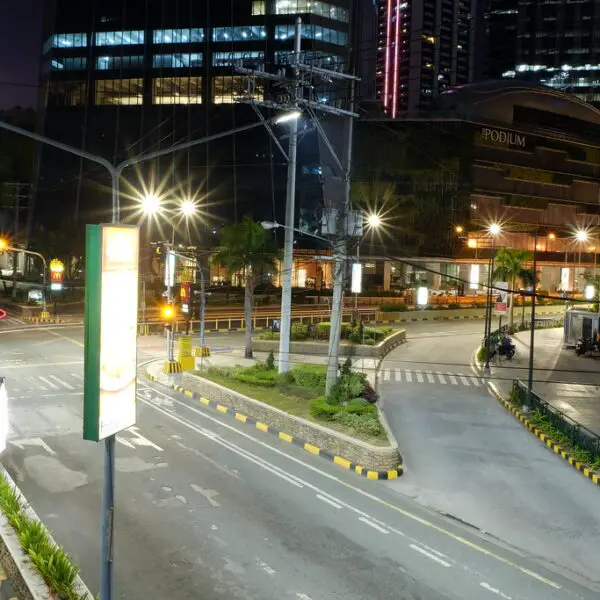Introduction:
A three-day transport strike led by the PISTON group and a magnitude 6.8 earthquake in General Santos has put educational institutions and local government units in a challenging situation.
The decisions taken in response to these events have resulted in class suspensions and a shift towards online learning in different regions.
Transport Strike:
The PISTON-initiated transport strike, declared on November 15, has prompted the suspension of in-person classes in select areas, effective from Monday, November 20. This demonstration comes a month before the December 31 deadline for consolidating public utility vehicles (PUVs).
Class Suspensions in LGUs:
Local government units (LGUs) have taken proactive measures to prioritize the safety and convenience of their constituents:
- Digos City in Davao del Sur suspended classes at all levels on November 20.
- General Santos City has extended class suspensions for public and private schools in all levels from November 18 to 21 due to the recent earthquake.
Transition to Online Learning:
In response to the transport strike, several schools have opted for online learning:
- Pampanga: In-person classes across all levels are suspended with a seamless transition to online learning.
- Cabuyao, Laguna: In-person classes are suspended, with a shift towards asynchronous (modular or online) classes.
- Calamba, Laguna: Both public and private in-person classes across all levels are suspended, accompanied by a transition to online learning.
Universities’ Responses:
Numerous universities have swiftly adapted their teaching methods during the strike:
- Adamson University: Synchronous online classes are implemented for all levels.
- Arellano University: No in-person classes will be conducted from November 20 to 22.
- Ateneo de Manila University: Online classes are facilitated for specified schools during the strike.
- De La Salle University (Manila and Laguna): Classes have transitioned online from November 20 to 22.
- Far Eastern University (Manila and Makati): Online classes are in effect for all levels.
- University of the Philippines (Diliman, Manila, Los Baños): Classes are transitioning to remote or asynchronous learning.
Other institutions, such as Mapua University, Miriam College, and the Polytechnic University of the Philippines, also conduct online classes during this period.
Taguig’s Response:
In Taguig, the local government has stepped in to assist commuters affected by the transport strike by deploying free rides. This initiative underscores the commitment to alleviating the inconvenience caused by the strike.
Conclusion:
As the nation grapples with challenges posed by both the transport strike and the recent earthquake, educational institutions, and LGUs are demonstrating resilience through strategic decision-making to ensure the safety and continuity of learning. The widespread shift to online classes reflects adaptability in the face of unexpected events, emphasizing the paramount importance of flexibility in education.
